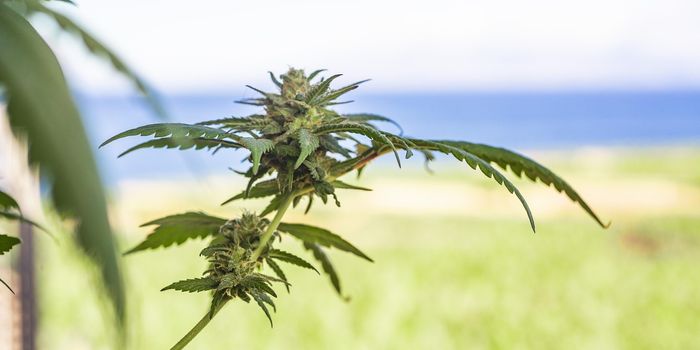An Introduction to Conservation Through Hunting
Hunting and conservation are inextricably linked. Hunters are some of the most avid conservationists because they want to be able to continue to hunt for years to come. The money that hunters are willing to pay to hunt funds many conservation practices and management of hunting lands; and hunting lands do need management. In the US, one of the most commonly hunted animals is the white-tailed deer. It offers interesting trophies, good meat, and is widely distributed all over the country. Management of white-tailed deer through hunting is common, as overpopulation can cause major degradation in forest communities, dangers to roadways through deer-vehicle collisions, tick-borne disease, and deer as pests on farmland. The hunting management helps to keep deer populations under control in the absence of large predators and raises money to address conservation challenges.
Hunters participate in the sport for many different reasons. Some people hunt for subsistence meat, some for the challenge in bagging impressive trophies, others for enjoying time in nature and its bounties. Some of the problems facing hunting as a sport are the lack of diversity in hunters (most are white men), lack of quality public access to hunting grounds, and the often difficult-to-understand regulations regarding seasons, weapons, and harvests. Attracting new hunters is difficult due to the barriers to entry like the steep learning curve, lack of available trustworthy mentors, cost of firearms, and poor access to ample hunting land. The last decade has generally seen a decline in the number of hunters in the US, though pandemic lock-downs did encourage many to start more nature-oriented hobbies like hunting.
New technologies in hunting like the isportsman app are making hunting easier and safer by making information available to hunters about how many hunters are on a property, and where they are hunting. This helps with preventing hunters from interfering with each other's hunts and helps to distribute hunting pressure more evenly across management areas. It helps hunters to feel safer and gives them a better hunting experience. New programs are also available in many places for beginner hunters to find mentors and get practice with hunting. Hopefully, with an increase in uptake of technologies and mentoring matching, more new hunters will join the ranks of the sport.
Sources:
Cornell University, Boston University NYS Deer Survey, Conservation Biology, Outdoor Life, BBC










